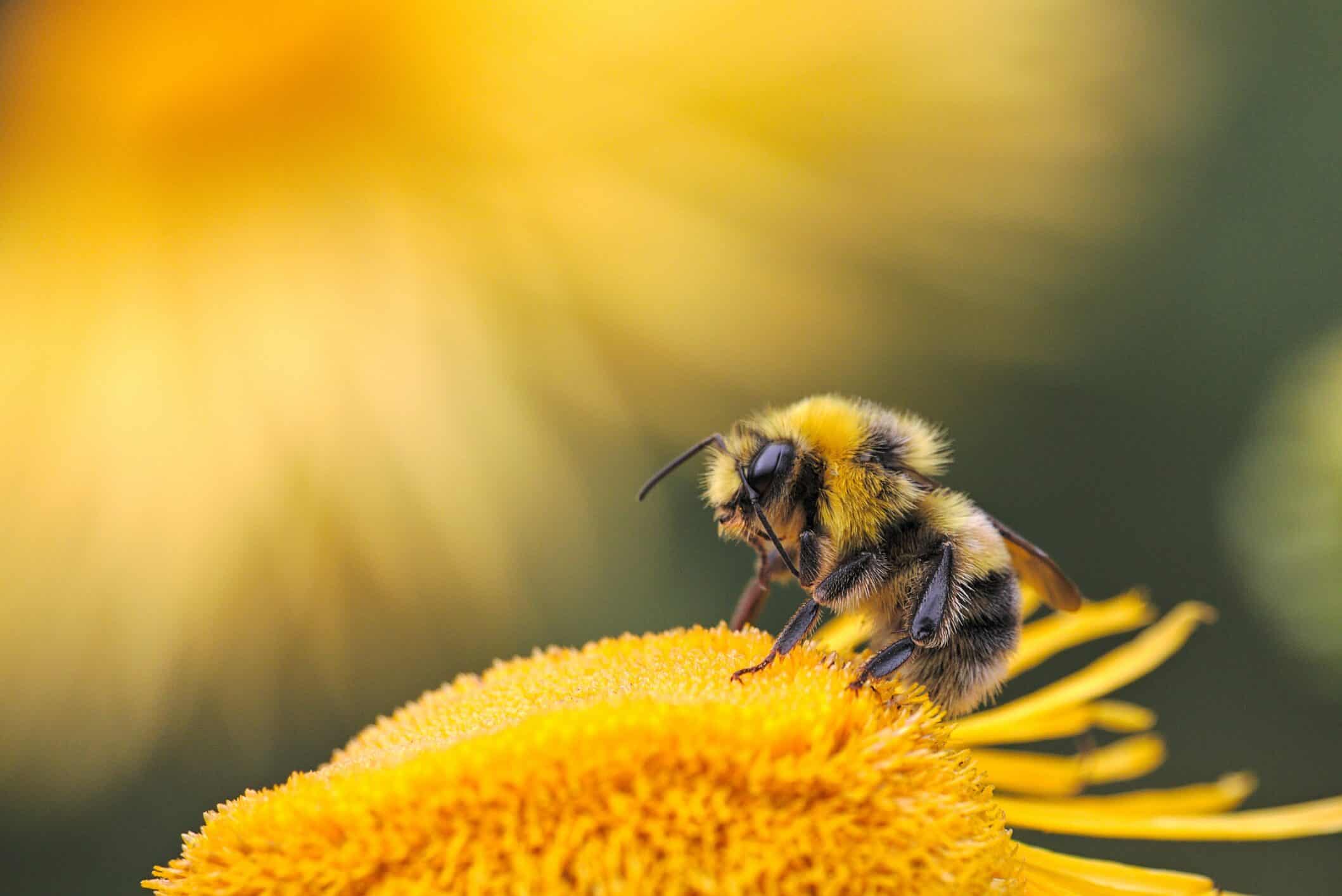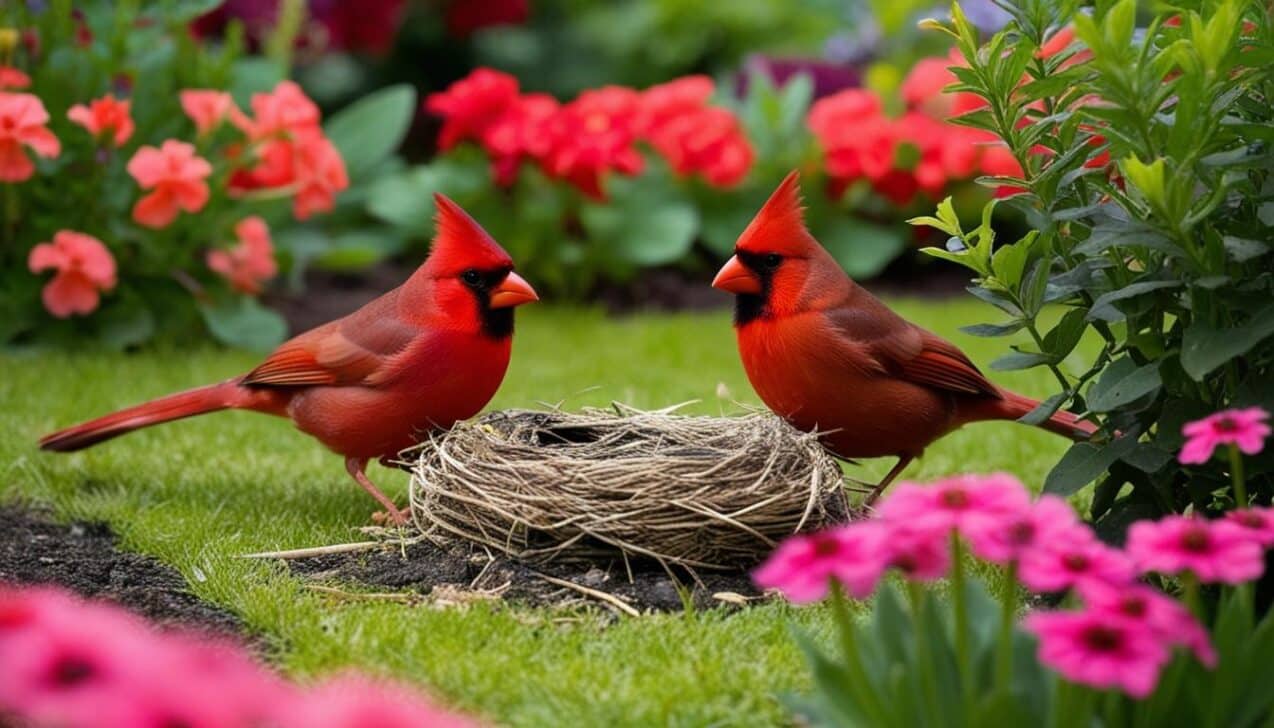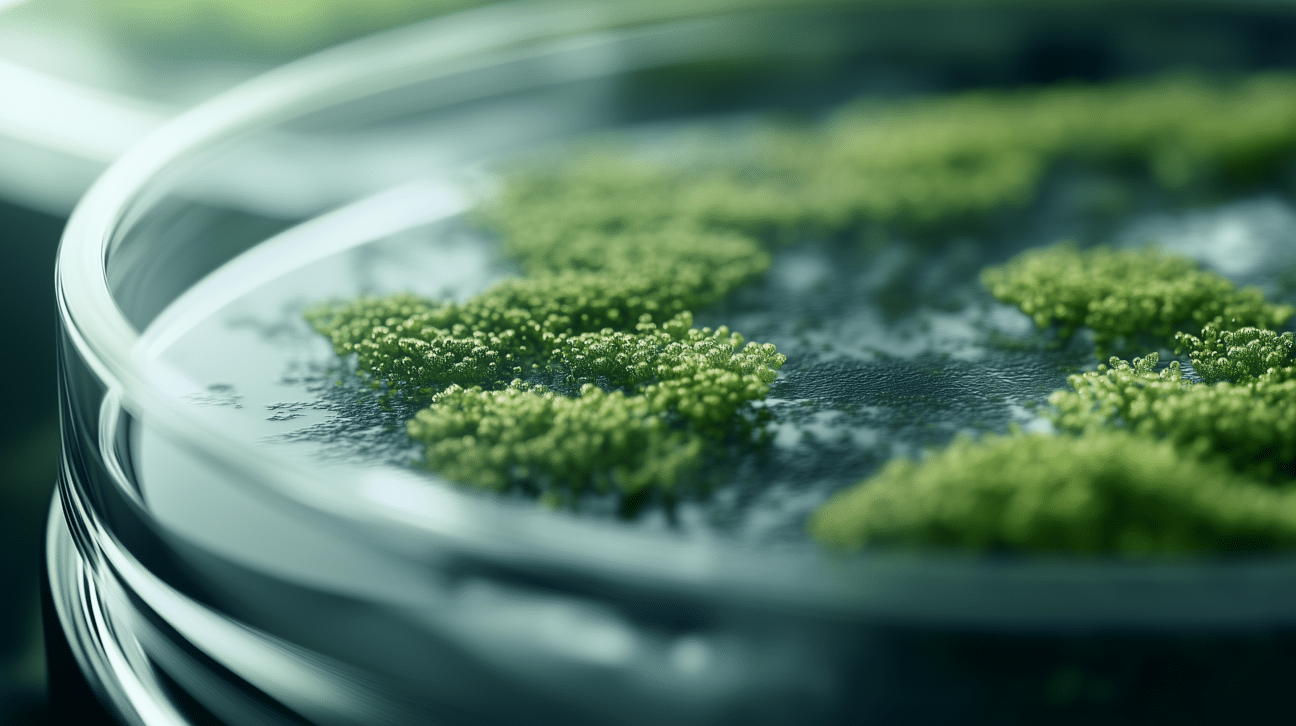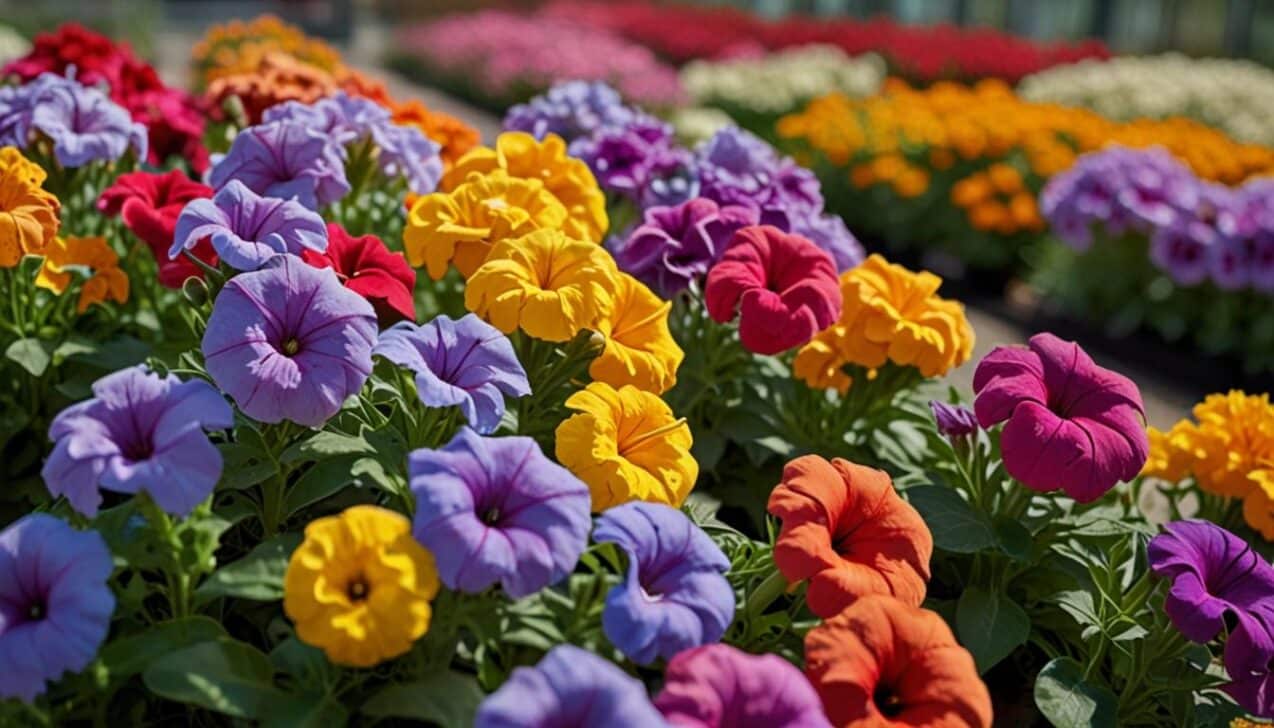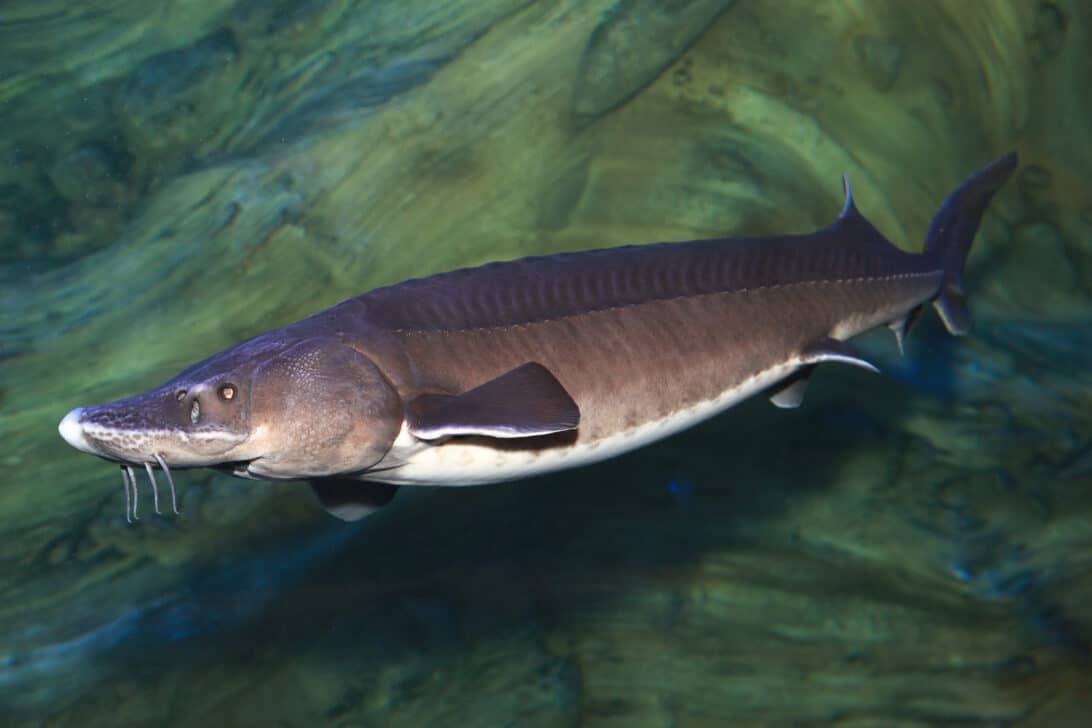Bees are probably the most important insect on the planet. Not just because of the honey and other products they produce directly, but because they are the most prolific pollinators we have.
Quite simply, without them, many plants would die. Ever watched The Bee Movie? Well, setting aside the fact that real bees don’t (in my experience) talk and lead complex litigation, the doomsday scenario of an arid, plantless earth resulting from bees no longer doing their thing isn’t too far from the truth. And it seems that we humans are doing what we seem to be so good at; threatening the survival of this crucial insect in many places across the world.
So why are bees so important to agriculture? The US Food and Drink Administration has calculated that bee pollination accounts for about $15 billion in added crop value per year in America alone and that “pollination is vital to the approximately 250,000 species of flowering plants that depend on the transfer of pollen from flower anther to stigma to reproduce.”
A recent study published by The Royal Society also underlines the vital role of bees in agriculture. They conclude: “A. mellifera [the honey bee] appears to be the most important, single species of pollinator across the natural systems studied, owing to its wide distribution, generalist foraging behaviour and competence as a pollinator.”
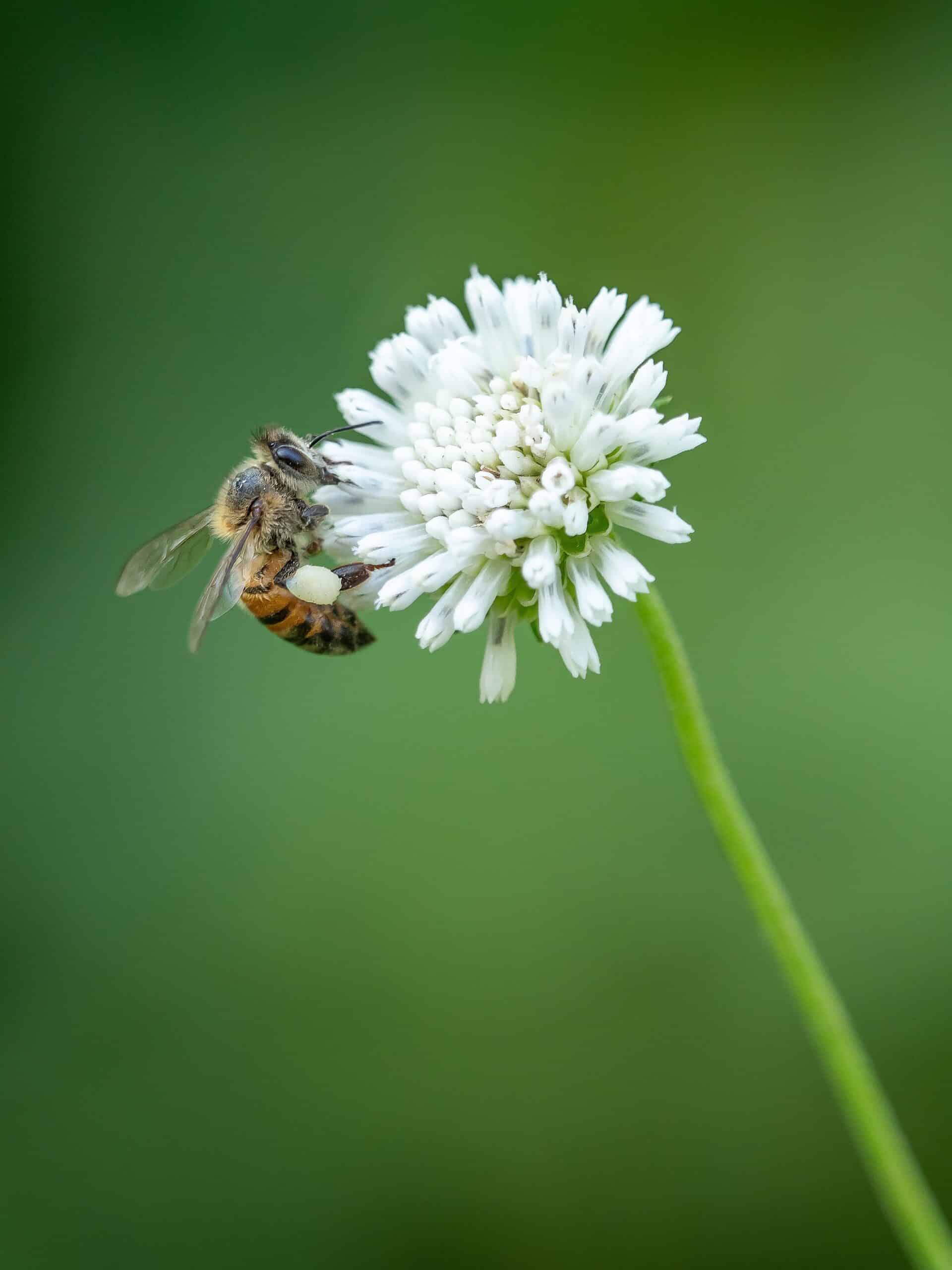
Bees are the most important, single species of pollinator. Photo by William Warby on Unsplash
One such pesticide, Neonicotinoid Thiamethoxam, is particularly harmful, affecting bees’ activity, motor functions and movement to light according to one study published in Nature.com. This toxic substance is a neuroactive insecticide, chemically similar to nicotine, that can be used on lots of different crops against a wide range of insects. Worth noting, it also affects some birds and mammals.
Scientists at Sussex University have discovered that the harm to bees not only arises from the crops directly treated with the insecticide, but that they are also exposed to a chemical cocktail when feeding from wildflowers growing next to neonicotinoid treated crops in UK farmland. They say that these chemical cocktails could make the impact of neonicotinoids up to 1000 times more potent than previously realised.
Bees are exposed to a chemical cocktail when feeding from wildflowers growing next to neonicotinoid treated crops in UK farmland
Peter Melchett, Policy Director of the Soil Association said: “These findings are shocking. Neonicotinoids are supposedly highly targeted insecticides yet the researchers have found that they are turning up in the pollen of poppies, blackberries and hawthorn blossom in hedges, at levels that on their own are enough to cause harm to bees. Worse still, they are present along with a whole cocktail of chemicals, some of which could increase the toxicity of neonicotinoids up to 1000 times.”
Because of the pervasive harms neonicotinoids have been proven to cause to wildlife, particularly bees, they were banned in the European Union in 2018 after initial restrictions that were brought in from 2013.
Now, however, since the UK has left the EU, the UK Government has decided to reverse this ban and grant, ‘with strict conditions’, an application for emergency authorisation to allow use of a product containing the neonicotinoid thiamethoxam for the treatment of sugar beet seed in 2021. They say “this is in recognition of the potential danger posed to the 2021 crop from beet yellows virus.”
The authorisation is granted for the use of Syngenta’s CRUISER SB chemical for no longer than 120 days because, the Department for Environment, Food & Rural Affairs argues:
- The authorisation appears necessary because of a danger which cannot be contained by any other reasonable means (the case for need). They argue that the 2020 sugar beet crop was substantially reduced because of the virus and, without using this pesticide, 2021 would also be affected.
- Use of the product will be limited and controlled. The following explanation is given: “The applicant proposed a reduced application rate for the seed treatment to deliver less of the product to the soil. In addition, the applicant proposed use of a virus forecasting model to determine whether treatment is needed, setting a threshold for the level of virus infection above which economic impacts would be incurred. If this threshold is not met the seed will not be treated.”
- There are special circumstances. Syngenta has persuaded DEFRA that they are “developing alternative, sustainable approaches to protect crops without the use of neonicotinoid seed treatments. This includes the development of resistant plant varieties, measures to improve seed germination and new practices for growers.”
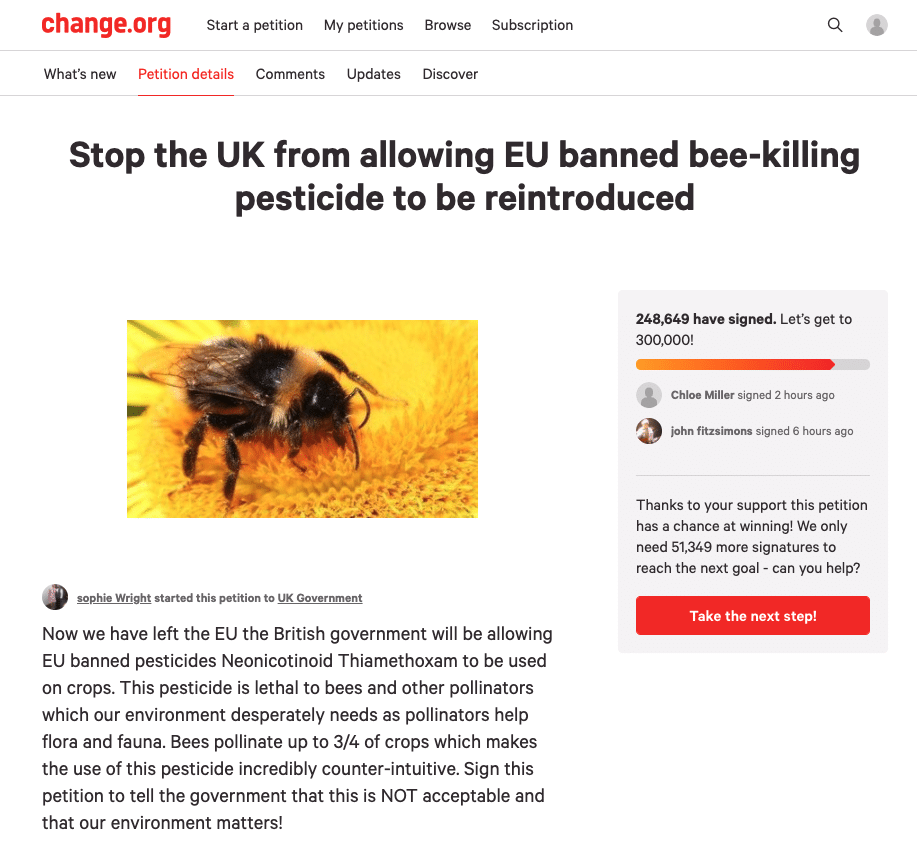
A petition against the Government decision has garnered nearly 250,000 signatures.
This decision has shocked and angered environmentalists and the general public alike. A first-time campaigner, Sophie Wright, a student nurse, was so incensed by the Government’s authorisation that she started a petition on change.org to call for an immediate reversal of the decision.
The petition states: “Now we have left the EU the British government will be allowing EU banned pesticides Neonicotinoid Thiamethoxam to be used on crops. This pesticide is lethal to bees and other pollinators which our environment desperately needs as pollinators help flora and fauna. Bees pollinate up to 3/4 of crops which makes the use of this pesticide incredibly counter-intuitive. Sign this petition to tell the government that this is NOT acceptable and that our environment matters!”
At the time of writing, nearly 250,000 people have signed the petition and Sophie has become a champion of the cause.
It’s clear that bees need protecting and in addition to pressing for legislative protection, there’s a lot that individuals can also do. For example Friends of the Earth has a useful Bee Saver Kit, available with a donation, that will help you do your bit to protect our bee population.
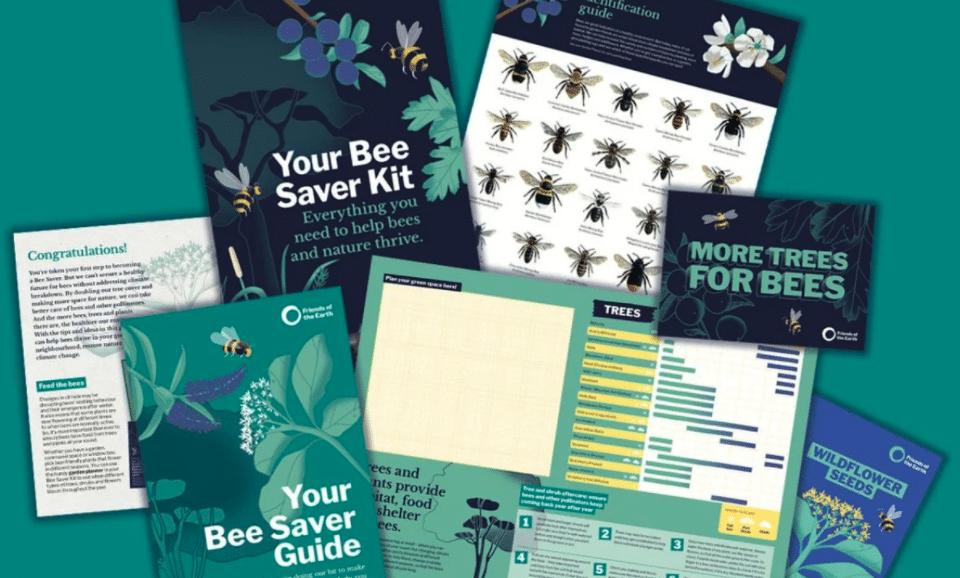
You can order a bee saver kit from Friends of the Earth
